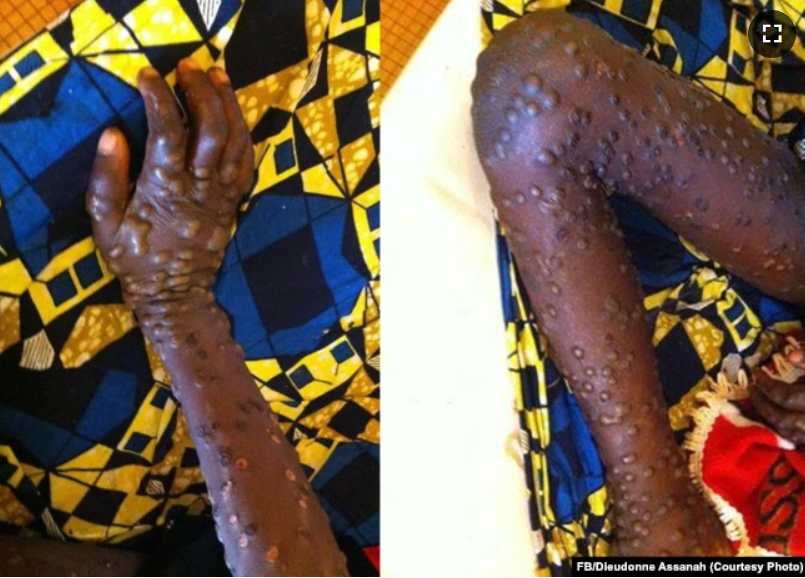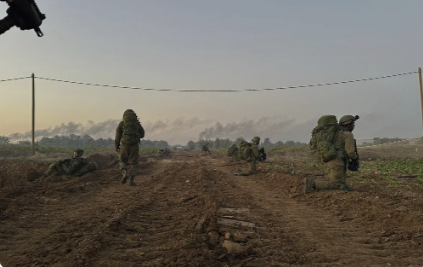Transmission of monkeypox can be through blood, saliva, body fluids, skin lesions or fluid on smallpox, and respiratory droplets.
Spokesman for the Ministry of Health (Kemenkes) Mohammad Syahril said monkeypox disease, also known as monkeypox, can be transmitted through close contact with infected animals or humans, or objects contaminated with the virus and can occur through breathing.
"Transmission can be through blood, saliva, body fluids, skin lesions or fluid in smallpox, then respiratory droplets," said Syahril in a written statement, Tuesday, May 24, 2022.
Syahril also reported that the incubation period for monkeypox is usually 6 to 16 days, but can reach 5 to 21 days. The initial phase of symptoms that occur in 1 to 3 days is high fever, severe headache, lymphadenopathy or swollen lymph nodes, back pain, muscle aches, and weakness.
In the eruption phase or the most infectious phase, rashes or lesions occur on the skin. This condition usually starts on the face and then spreads to other parts of the body gradually.
Starting from red spots such as maculopapular pox, blisters filled with clear fluid (blisters), blisters filled with pus (pustules), then harden or scab and fall off.
"Usually it takes up to 3 weeks for the lesions to disappear and fall off," said Syahril.
For this reason, as a precaution, Syahril asked people who experience symptoms of fever and rash to check themselves to the nearest health facility. The public is also asked to comply with health protocols by avoiding crowds, washing hands with soap, wearing masks, and practicing clean and healthy lifestyles.
Monkeypox is caused by the human monkeypox virus (MPXV) orthopoxvirus from the poxviridae family which is highly foldogenic or zoonotic. This virus was first discovered in monkeys in 1958. While the first cases in humans (children) occurred in 1970.
Currently, cases of monkeypox continue to spread in a number of countries. On May 21, the World Health Organization (WHO) predicted that monkeypox would spread after more than 100 cases were confirmed in 12 countries.
Syahril then said that the WHO had determined monkeypox to be a disease that needed the attention of the global community. The reason is because most cases are reported from patients who have no history of travel to endemic countries. (Ministry of Health, tempo, antara)





